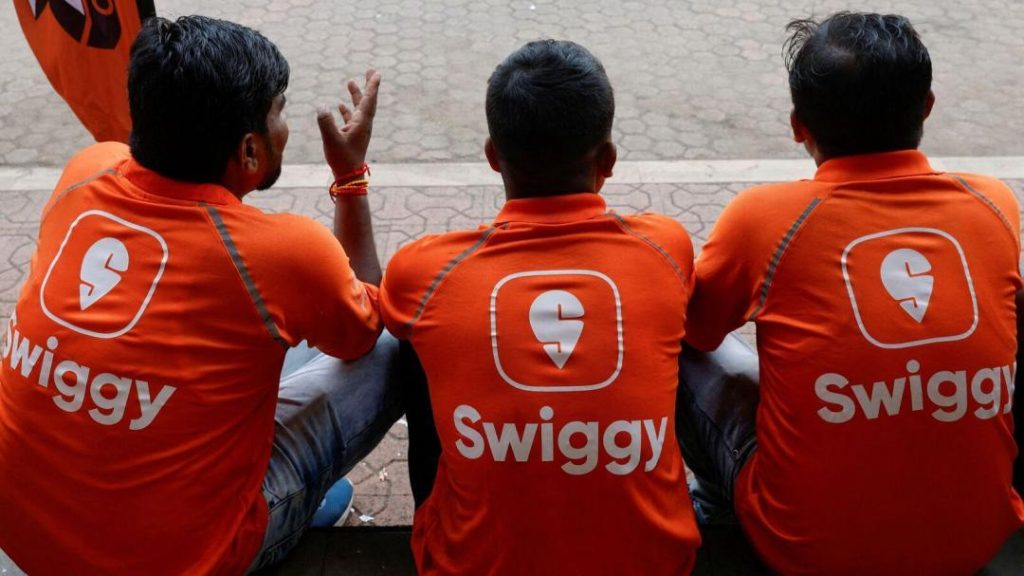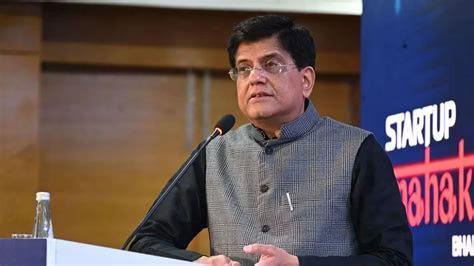
Swiggy Faces ₹158 Crore Tax Demand over Cancellation Fees
In a recent development, Swiggy, the popular food delivery platform, has been slapped with a tax demand of ₹158 crore for the financial year 2021-22. The demand is allegedly related to cancellation charges paid to its merchants, which the tax authorities claim is a breach of tax provisions. Swiggy has responded by stating that it will appeal the demand, citing a misunderstanding of tax laws.
The tax demand, which amounts to approximately ₹13.2 million, is a significant blow to the Bengaluru-based company. Swiggy has been at the forefront of the food delivery industry in India, with a vast network of restaurants and delivery personnel across the country. The company’s revenue has been growing steadily, and it has become a household name for many Indians.
However, the tax demand highlights the complexities of taxing digital businesses in India. As the country’s economy continues to evolve, tax authorities are struggling to keep pace with the changing landscape. The case against Swiggy may set a precedent for how cancellation fees are taxed in the digital economy.
What Happened?
According to sources, the tax authorities have alleged that Swiggy has been collecting cancellation charges from its customers and paying them to its merchants. While this may seem like a legitimate business practice, the tax authorities claim that Swiggy has not been deducting tax on these cancellation charges. This, they argue, is a violation of tax provisions.
Swiggy, on the other hand, claims that the tax demand is based on a misunderstanding of tax laws. The company has been deducting tax on its revenue, including cancellation charges, and has been paying taxes accordingly. Swiggy has also pointed out that the tax authorities have not provided any specific guidance on how cancellation fees should be taxed.
The Impact on the Industry
The tax demand against Swiggy has sent shockwaves through the food delivery industry. Many companies are now wondering how this demand will affect their own businesses. The industry is already grappling with increasing competition, rising operational costs, and declining margins. A tax demand of this magnitude could be a significant blow to many companies.
Moreover, the case highlights the need for clarity on tax provisions in the digital economy. As more and more businesses shift online, tax authorities need to provide clear guidelines on how they should be taxed. The lack of clarity creates uncertainty, which can be detrimental to businesses.
Expert Analysis
Experts in the field have differing opinions on the tax demand against Swiggy. Some believe that the company has a strong case, citing the lack of clarity on tax provisions. Others argue that Swiggy should have been more proactive in complying with tax laws.
“This is a classic case of a misunderstanding of tax provisions,” said Rakesh Nangia, a chartered accountant. “Swiggy has a strong case, and I believe the tax demand will be reduced or even withdrawn.”
However, another expert disagreed. “Swiggy should have been more careful in its tax compliance,” said C. A. Bhattacharya, a tax consultant. “The company should have sought clarification from the tax authorities before paying cancellation charges to its merchants.”
Conclusion
The tax demand against Swiggy is a significant development in the food delivery industry. While the company plans to appeal the demand, the case highlights the need for clarity on tax provisions in the digital economy. As the industry continues to evolve, tax authorities need to provide clear guidelines on how businesses should be taxed.
The case may set a precedent for how cancellation fees are taxed in the digital economy. It remains to be seen how the tax authorities will respond to Swiggy’s appeal. One thing is certain, however – the company’s tax woes will be closely watched by the industry and tax experts alike.
Source:
https://ascendants.in/industry_events/swiggy-rs-158-crore-tax-demand/






